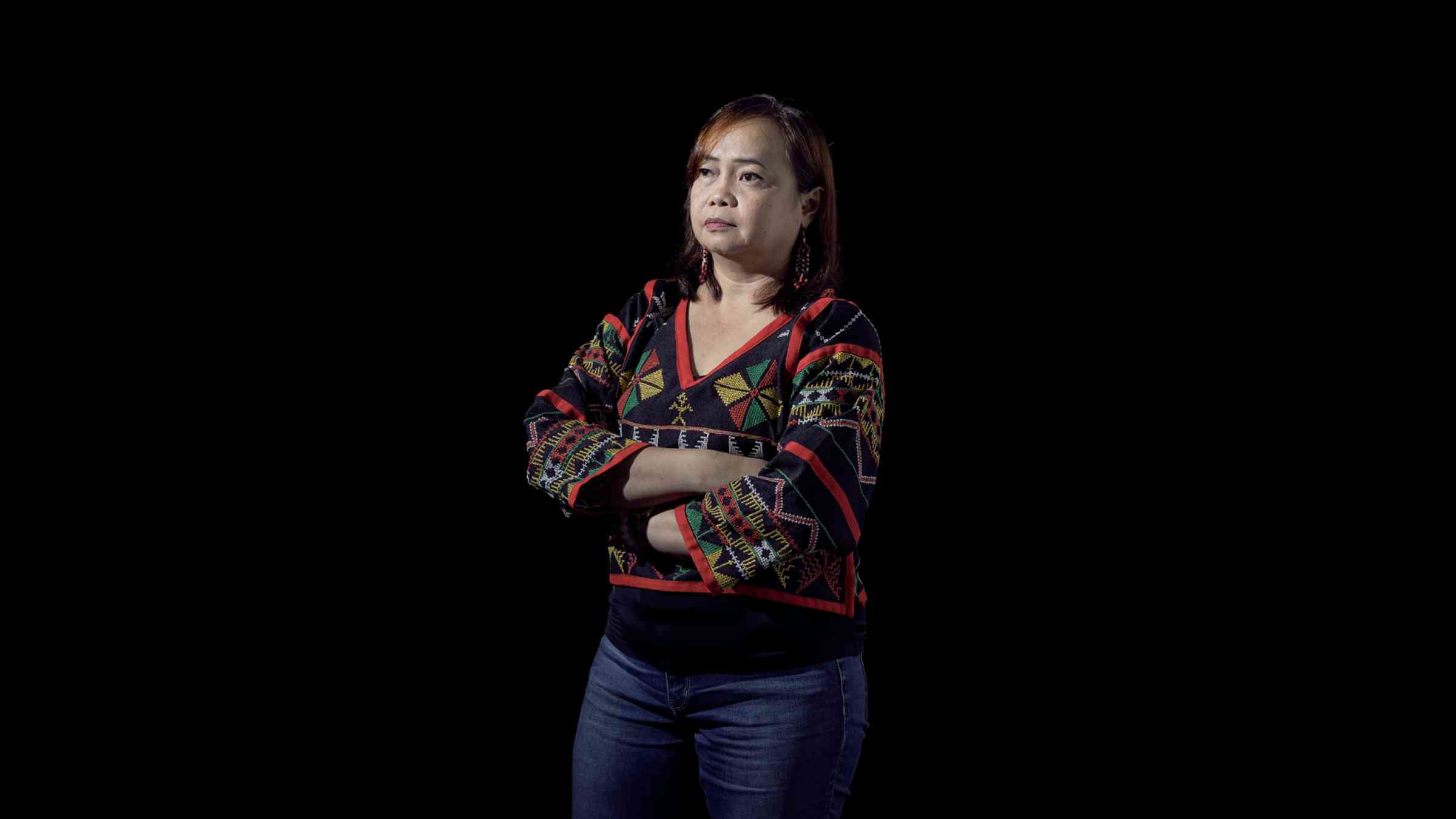Decibel V. Faustino-Eslava: “How I got into DRR is a true life story”

“Growing up in Manila, during typhoon and monsoon seasons, I walked through floods nearly every day,” Decibel says. “One year, our roof got blown off.”
“But the most telling year for me was 2009. I had just been back from Japan and Hong Kong, where I lived for so many years, pursuing my PhD, and the first thing that greeted me was floods and landslides in Mindanao. Later that year, Typhoon Ketsana flooded the entire Manila metropolitan area. Just a few days later, it affected Northern Luzon, also causing floods and landslides. It was a whole year with so many disasters.”
Even though she had studied geochemistry and palaeomagnetism, which are remote from DRR, Decibel was asked to put together a quick response team to document the impacts of those events. “I realized that the Philippines experience such disasters every year. Yet every year, they seem new to us. Every time there is a flood for instance, people would not know what to do, where to go, where to get food.”
This is when she turned to DRR. “With my research group, we started documenting those events and identifying what kind of researchers can contribute to build capacity within national government agencies, and also help the communities that are affected.”
Today, in her academic role at the School of Environmental Science and Management at the University of the Philippines Los Baños, Decibel works at the intersection of scientific research and the application of risk knowledge to decision-making. Given her interdisciplinary background, she works with social scientists, economists, foresters, biologists, etc., and together they apply an ecosystem-based approach.
Over the years, she has led numerous research projects and commissioned works geared towards DRR (geohazards, ecological risks, food security, etc.) that have been translated into operational warning systems, national databases, decision-making guides, and policy recommendations.
She currently leads the work on using rainfall-landslide thresholds for developing early warning systems in different regions of the Philippines. This is the first step towards the establishment of a national landslide early warning system for adoption by national and local government agencies. She designed this system to utilize big data and artificial intelligence, and to highlight public participation and citizen science for more dynamic disaster risk reduction initiatives, and for improving risk reducing behaviour.
When it comes to gender lines, Decibel goes back to her personal story: “I grew up in a family where we are blind to gender. My parents take on home duties regardless of it. I was generally unaware of those things. However, early on in my scientific career, in the late 90’s or early 2000’s, I learned that women were much more affected by disasters than men. It did not make any sense. If an earthquake shakes, everybody gets shaken, don’t they? It was very hard for me to understand it, until I went out to the field. That is when I realized how women have to deal with so many more things than men. They might be tiny things but they do pile up. The burden is indeed cumulative. And they do not get acknowledged for it.”
She continues: “In the Philippines, even though we tend to be matriarchal, there are provinces where women do not feel empowered to make decisions. During disasters, the decisions are made by men and women’s voices are not heard.”
Her message, in this respect, is a strong one: “We women are as empowered as everyone else. The opportunities are around, they are available. We need to know what we want to do and how we want to contribute. And we need to know the actions that we can take so that we can grab those opportunities and make a difference. Disaster risk reduction is everybody's business. So we have to make our presence more felt and make more impactful contributions to our communities.”